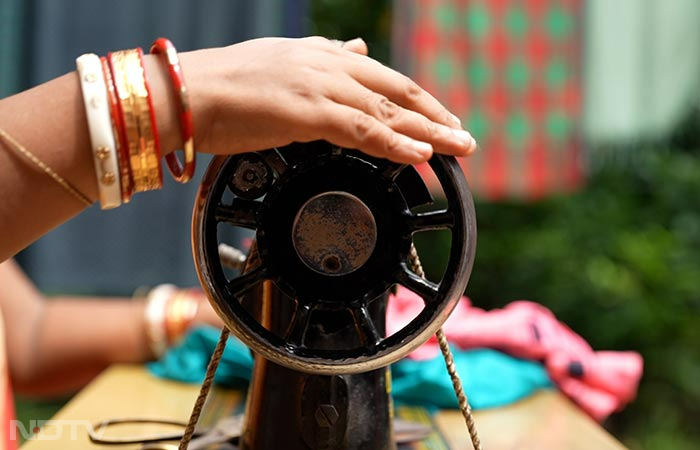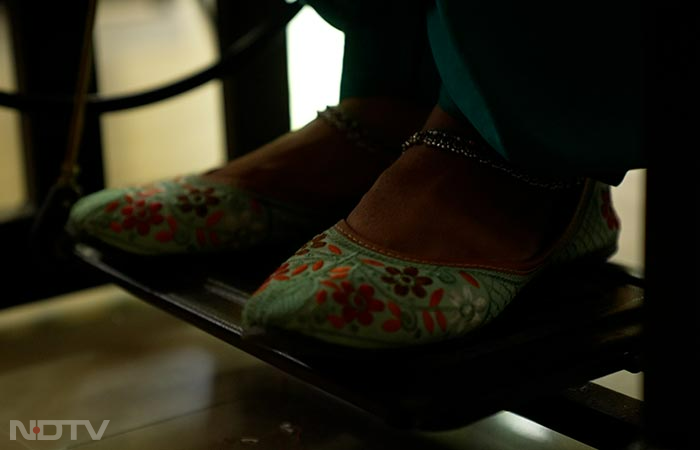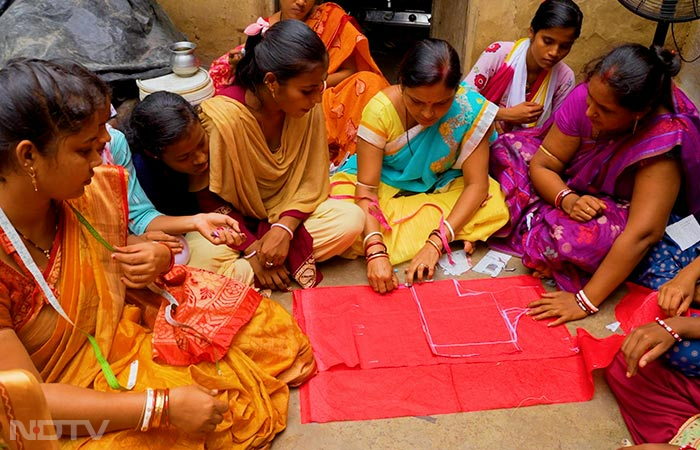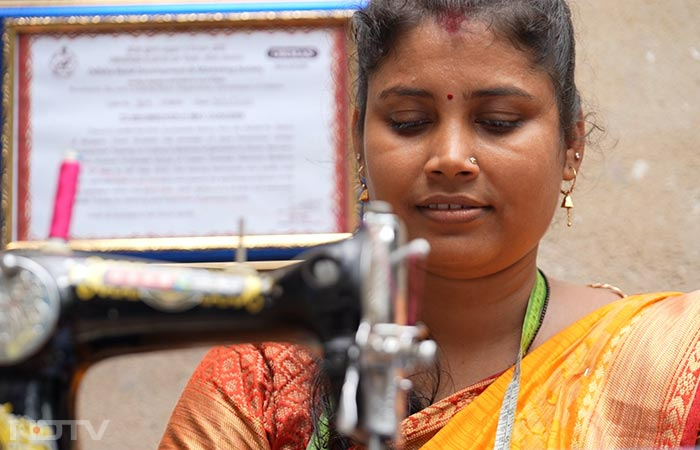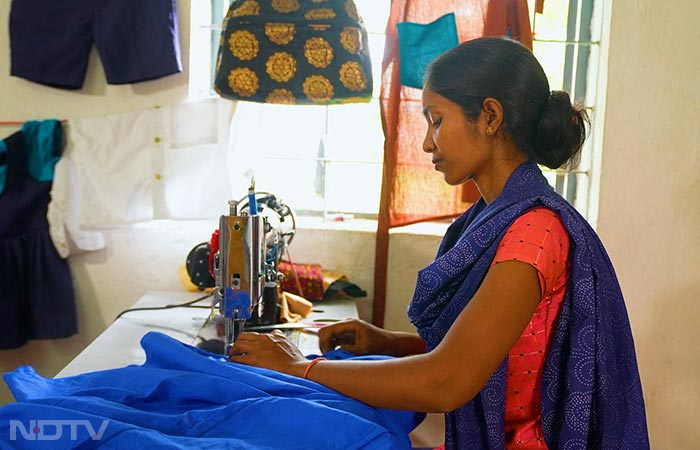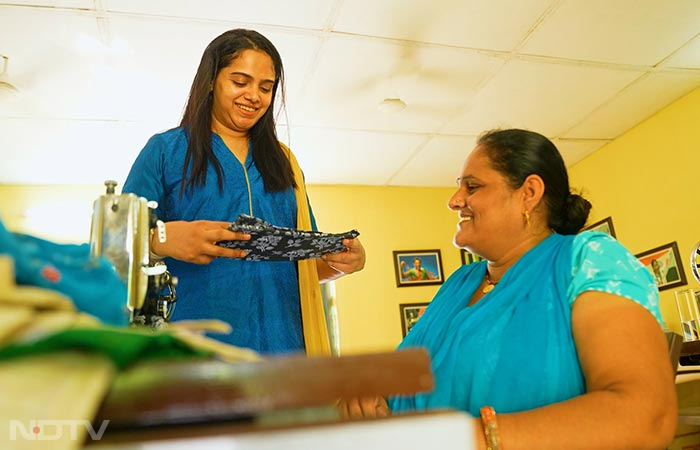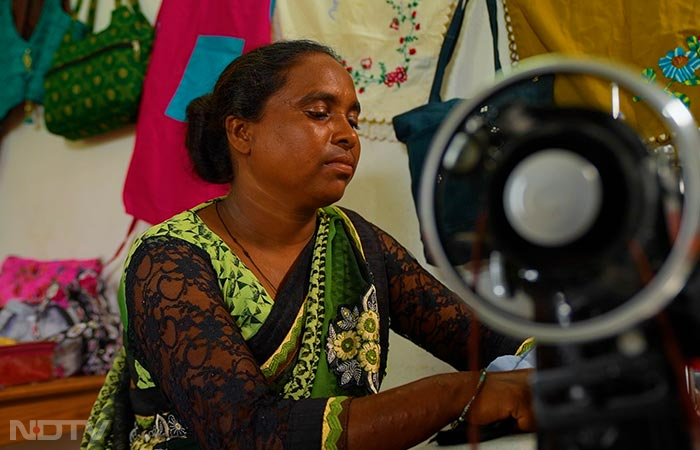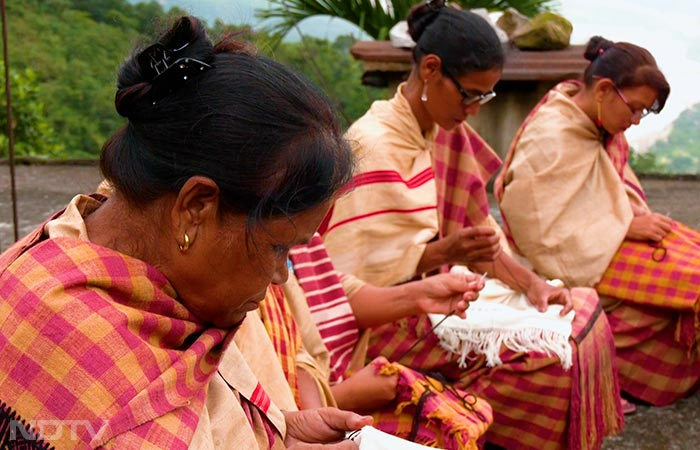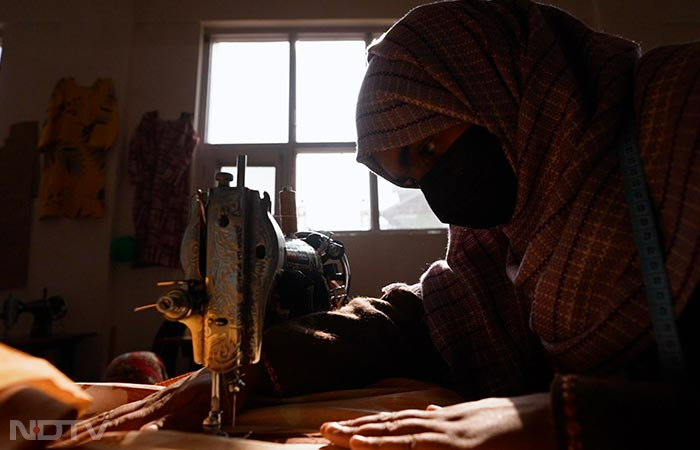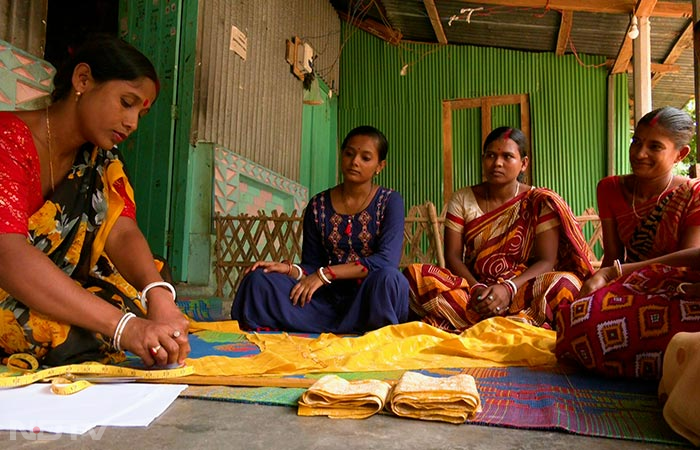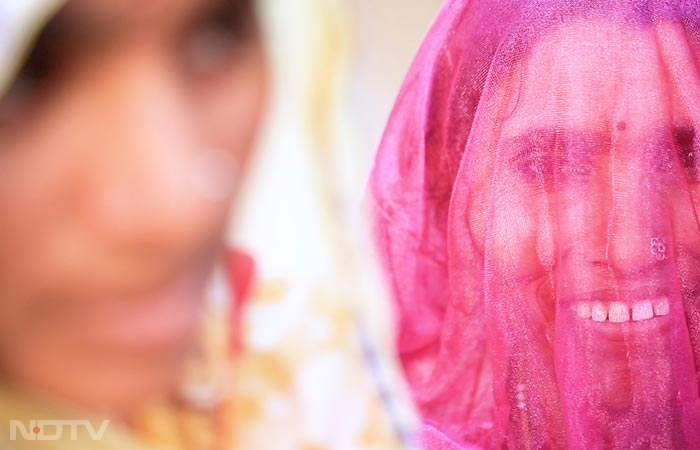Usha Silai School Programme Stitching Together Empowerment And Economic Growth Across India: IIT Delhi Study
Empowering women across diverse backgrounds, the Usha Silai School programme not only offers sewing and stitching skills but also fosters inclusivity and economic independence. A recent independent study by IIT Delhi highlights its profound impact, showcasing how this initiative not only transforms individual lives but also contributes significantly to achieving Sustainable Development Goals (SDGs). Take a look!
-
For over 12 years, USHA has been empowering and transforming the lives of lakhs of Silai School women, offering sewing and stitching skills through its many programs and partnerships across India. To assess the impact of the Usha Silai School programme, IIT Delhi began an independent study in January 2023 in collaboration with Usha, its NGO partners, and the beneficiaries.
-
The study included going into the field and understanding how the project has impacted the individual beneficiaries and the community at large. It also evaluated the inclusiveness of the Usha Silai School program which attracts various women from different economic, and social backgrounds, and life circumstances.
-
The study also notes how in selecting beneficiaries, the priority is given to economically disadvantaged women, rape survivors, transgender individuals, manual scavengers, women with disabilities, widowed and separated women, HIV-positive women, and single parents.
-
The Usha Silai program goes beyond teaching sewing skills; it also leaves a mark in the world of fashion. The introduction of the USHA Silai label has helped many beneficiaries connect with markets, providing many women with opportunities to showcase their skills and collaborate with India's top fashion designers at the Lakme Fashion Week.
-
The IIT Delhi report shows a significant economic impact of the investment made by Usha Silai Schools in empowering and enabling women. As much as 59.41 per cent of Usha Silai School teachers surveyed reported a monthly income of Rs 5,000; 32.82 per cent earned between Rs 5,000 and Rs 10,000 per month, 4.65 per cent reported monthly incomes between Rs 10,000 and Rs 15,000, 1.01 per cent between Rs 15,000 and Rs 20,000 per month, and 2.11 per cent said their earnings are over Rs 20,000 per month.
-
The IIT Delhi report highlights another significant impact -- through skill development and women empowerment, the Usha Silai School program contributes directly to achieving four Sustainable Development Goals: No poverty, Quality education, Gender equality, and Decent work and economic growth.

